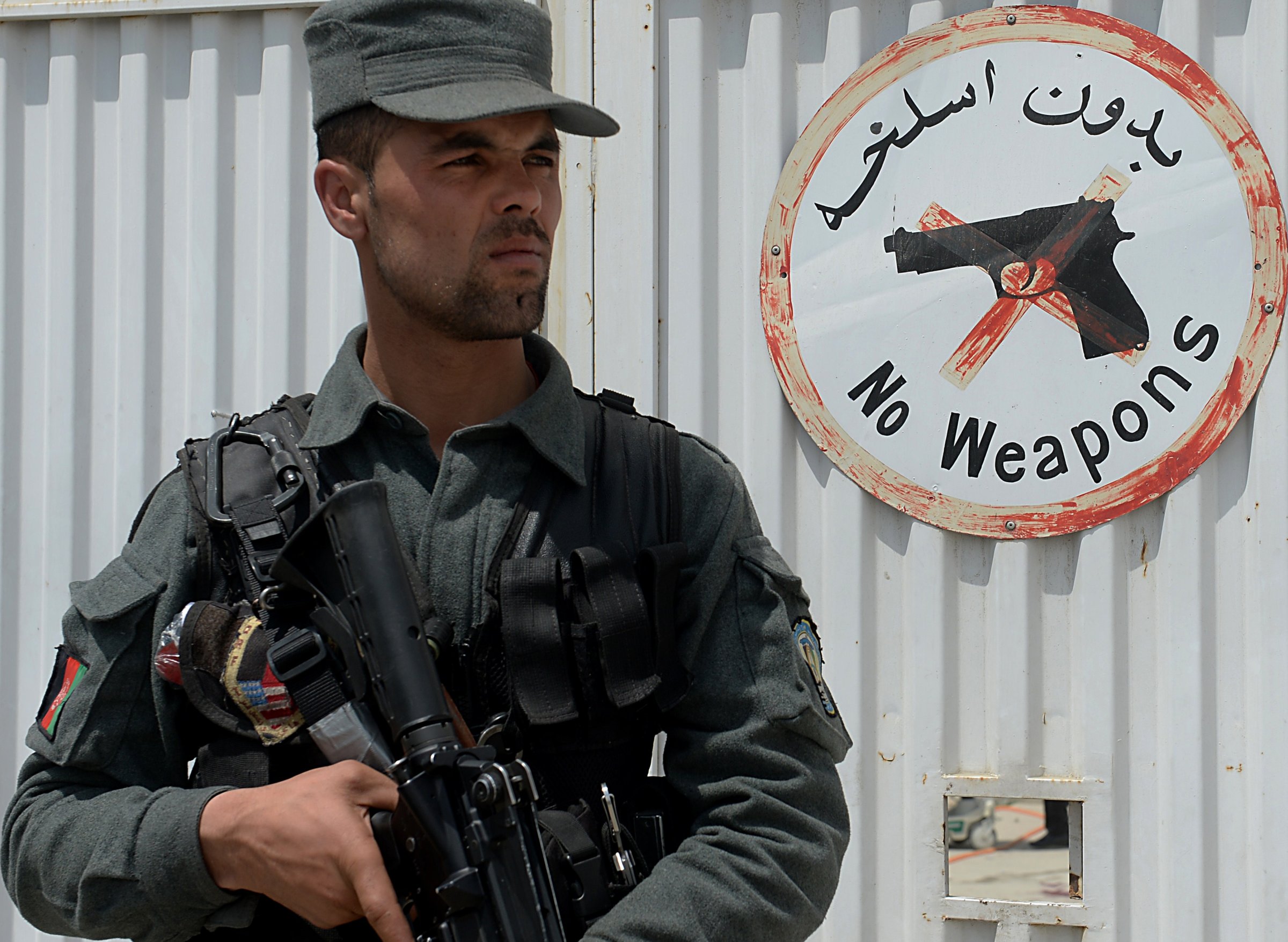
The killing of three U.S. medical personnel Thursday, allegedly by an Afghan policeman guarding their hospital, raises anew questions about the wisdom of a continued U.S. presence there, in uniform, scrubs or any other kind of garb. While U.S. troops may have increased protection after a spate of so-called blue-on-green attacks in recent years, the lifesavers working at Kabul’s Cure International Hospital apparently were slain by a policeman dedicated to their protection.
The murders come as two veteran reporters file on what life is like in Iraq, where the last U.S. troops left in 2011; and Afghanistan, where the U.S. troop presence has shrunk to 33,000, on the way to removing all U.S. combat troops by year’s end.
“Two years after the last American soldiers departed, it’s hard to find any evidence that they were ever there,” Dexter Filkins writes of Iraq in the latest New Yorker. Bombings are a deadly, and everyday, occurrence. Filkins notes that the U.S. started pushing for the election of Nouri al-Maliki as Iraq’s prime minister in 2006, after a Central Intelligence Agency officer recommended him to U.S. ambassador Zalmay Khalilzad. “Among many Iraqis, the concern is that their country is falling again into civil war,” he writes, “and that it is Maliki who has driven it to the edge.”
A total of 4,486 U.S. troops died in Iraq.
Meanwhile, 1,800 miles away in Afghanistan, a unit from the 82nd Airborne Division recently returned and came “looking for a fight.” But it hasn’t happened. “Although they’re still preparing for the worse, the soldiers are discovering that the Afghanistan they left in 2012 isn’t the same country they returned to,” Drew Brooks of the Fayetteville Observer wrote Tuesday. “The job of fighting off insurgents now falls to Afghan national security forces.”
It was a member of those forces who killed the three Americans earlier today.
A total of 2,317 U.S. troops have died in Afghanistan.
Two countries, one lesson: there is more than one way to win, or lose, a war.
More Must-Reads From TIME
- Dua Lipa Manifested All of This
- Exclusive: Google Workers Revolt Over $1.2 Billion Contract With Israel
- Stop Looking for Your Forever Home
- The Sympathizer Counters 50 Years of Hollywood Vietnam War Narratives
- The Bliss of Seeing the Eclipse From Cleveland
- Hormonal Birth Control Doesn’t Deserve Its Bad Reputation
- The Best TV Shows to Watch on Peacock
- Want Weekly Recs on What to Watch, Read, and More? Sign Up for Worth Your Time
Contact us at letters@time.com